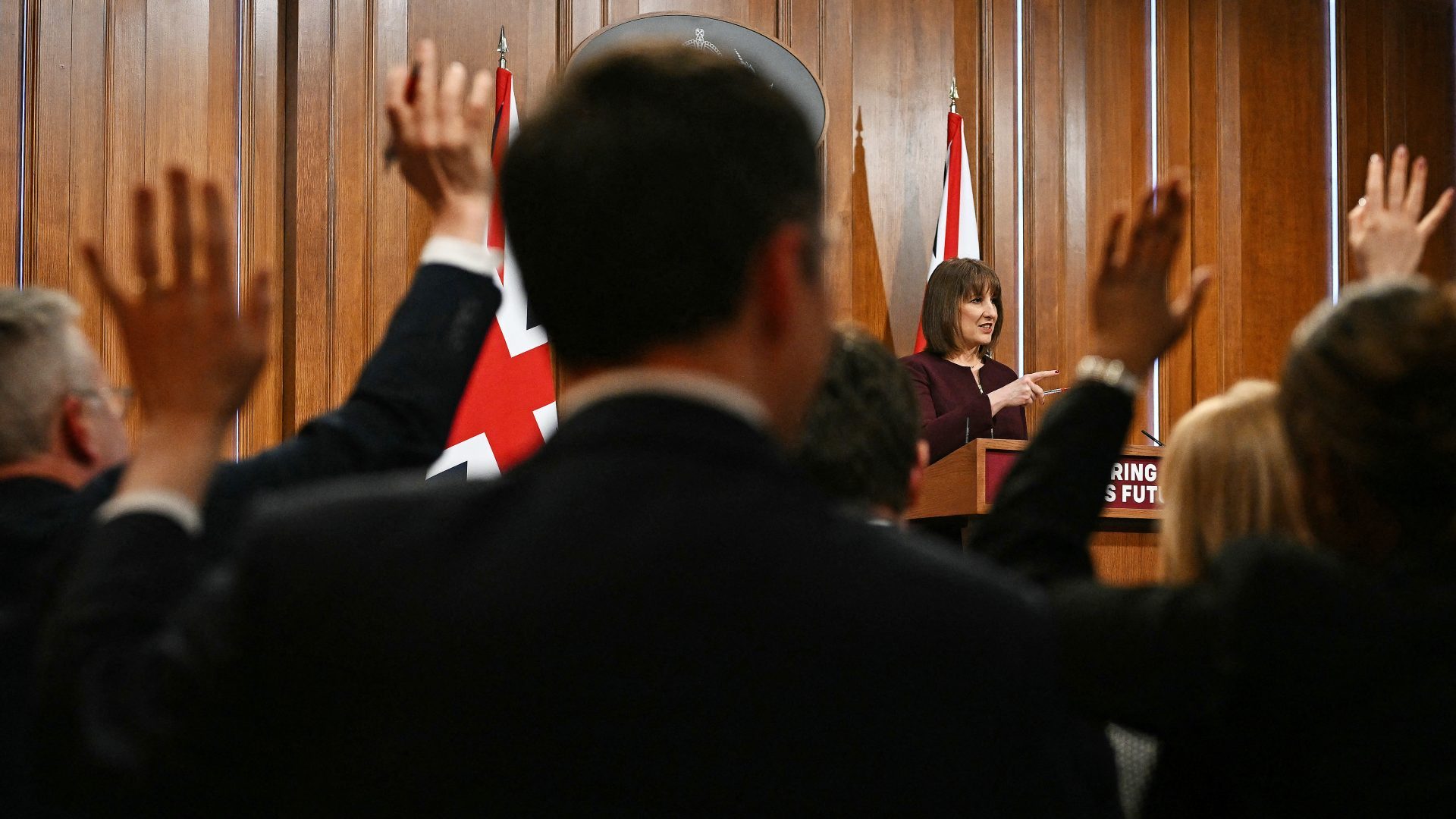Before he became prime minister of Canada and was merely the governor of the Bank of England, Mark Carney was likened to “an unreliable boyfriend” by Pat McFadden, a member of the then Labour shadow cabinet.
His criticism stemmed from Carney’s efforts to tell the market how interest rates were likely to move in future. This innovation, officially designated as “forward guidance”, was meant to be helpful, but became so misleading that it was best interpreted as a contra-indicator. Markets did not do what Carney thought they might. They rarely do – and that is the problem with economic forecasting.
Yet now that McFadden is a Cabinet Office minister, he is exhibiting signs of “unreliable boyfriend” behaviour himself, parroting forecasts as if they were fact, and relying on them to justify dubious policy decisions.
The government had to make many assumptions in producing its spring statement and many of them were unreliable: the numbers of people who might be lured off benefits into work, and at what cost? What allowance should be paid to carers?
The full idiocy of the exercise only becomes clear when you dig into the background documents that accompanied Rachel Reeves’s statement. Here you learn that the Debt Management Office reckons it needs £304.2bn for 2025-26 but £299.2bn of gilt sales will fill most of the gap. The determination to avoid rounding up – or down – is simply ridiculous.
Heroic assumptions pepper the statement, as is the case with its bold pronouncements on tax fraud. It’s true that all sorts of people do not pay the tax they should. Finding a way to change that is hard. The government is planning to employ an increased army of tax police to help collect outstanding debts, but it is also pledging “to increase the number of annual charging decisions for the most harmful fraud by 20%”.
As a target, this seems flawed in so many ways: are the “less harmful” frauds not to be chased? Is it the number of prosecutions rather than the scale of the debt that is crucial? Will success be measured by the number of prosecutions rather than the results?
Even though the challenge is not as great as it might sound – the government is only aiming to increase the number of prosecutions for the most harmful fraud by 100 a year by 2029-30 – it is one of the few initiatives in the statement aimed at bringing in cash rather than just spending it.
Rachel Reeves, on becoming chancellor, was insistent that she would only have one major budget-type event every year. Circumstances have forced her to abandon that pledge, but the result shows why her initial thinking was correct.
Anything that looks like a budget has to be accompanied by all the calculations and forecasts that, within days, can be shown as nonsense.
For instance, the official analysis of the Employment Rights Bill shows why the chancellor’s forecasts are vulnerable to so many factors. The bill significantly changes the obligations on employers and, many of them argue, will have a significant effect on their profitability. To pre-empt that hit on the bottom line, it is argued that jobs will be shed and recruitment halted.
This is all surmise and so, if it featured at all in the chancellor’s thinking as she pondered how to finesse her statement, it probably was not a major factor.
But the potential effects of the bill are significant. The Office for National Statistics says it expects it to result in “a direct cost on business equivalent to low billion pounds per year”. That did not feature in her statement. Instead, we were introduced to the new Defence Growth Board.
Quite what this Defence Board might be and what it might do, remains to be seen. Successive governments do like to assemble boards, advisory groups and the like, whose membership is announced with great fanfare and of whom little is ever heard again.
Rishi Sunak, for instance, established an Economic Advisory Council, which his chancellor, Jeremy Hunt, abandoned soon afterwards. Last year, the current government launched an Industrial Strategy Advisory Council. Perhaps it will have cordial relations with the Defence Growth Board. Relying on dubious forecasts and flawed constructs to direct government is a well-tried formula but it never works. How about a new Office for Facts, not Forecasts?




